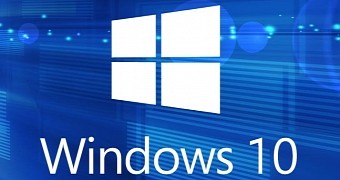Microsoft has announced the acquisition of Hexadite, a Boston-based company working with researchers from Tel-Aviv, Israel, focused specifically on developing automatic incident and remediation solutions.
While at first glance it all sounds like rocket science, what Microsoft plans to do with this acquisition is improve Windows Defender Advanced Threat Protection with artificial intelligence-based automatic investigation and remediation capabilities using the technology developed by Hexadite.
The software giant’s final goal is thus to deliver improved security in Windows 10, boost protection against zero-day attacks, ransomware, and other cyberthreats beside malware whose detection is typically based on virus definition shipped to clients.
Microsoft improving zero-day protection
The entire team at Hexadite will be transferred to Microsoft, and the firm says that the company would be integrated into the Windows and Devices Group, which means the main focus would be on improving the security features in Windows 10.
“Our vision is to deliver a new generation of security capabilities that helps our customers protect, detect and respond to the constantly evolving and ever-changing cyberthreat landscape,” said Terry Myerson, executive vice president, Windows and Devices Group, Microsoft. “Hexadite’s technology and talent will augment our existing capabilities and enable our ability to add new tools and services to Microsoft’s robust enterprise security offerings.”
Microsoft is working at full speed on improving security in Windows 10, especially given the increasing number of threats and following the WannaCry ransomware fiasco that hit systems earlier this year.
WannaCry was based on an SMB vulnerability in every version of Windows, with Microsoft delivering a patch in March this year, but plenty of systems remained unprotected because of the delayed update cycles. Microsoft, however, is trying to improve protection and mitigation systems even in the case of zero-days where no patch is available, thus making sure that it gets extra-time to publish a fix whenever a new wave of attacks is detected.
At this point, there is no ETA as to when Microsoft could implement the new tech in Windows 10, but there’s no doubt this will happen as soon as possible, with work to begin shortly after the integration of the newly-purchased firm into the Redmond-based software giant.

 14 DAY TRIAL //
14 DAY TRIAL //